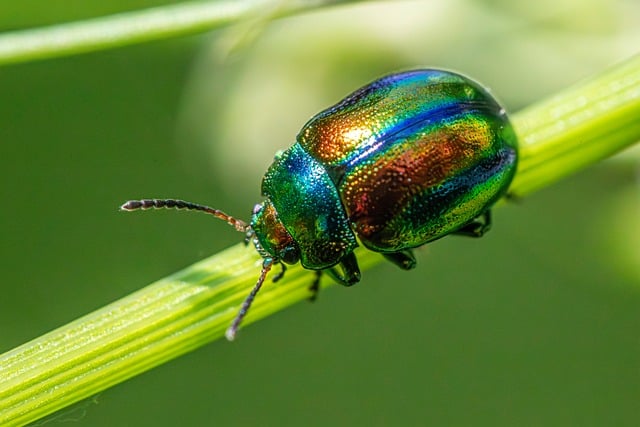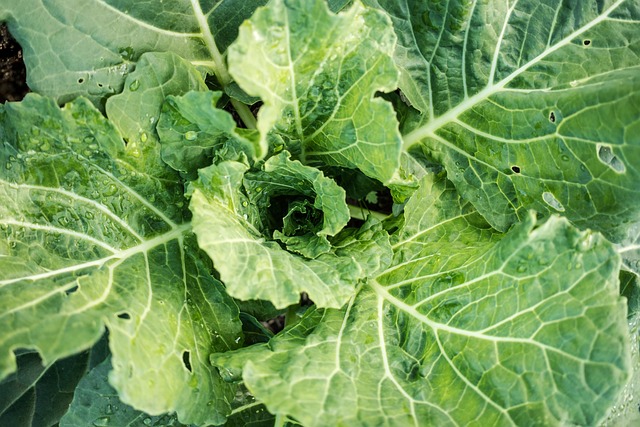Litttleton homeowners can maintain healthy gardens year-round through organic pest control methods tailored to each season's pests, like aphids, beetles, rodents, and insects. Utilizing natural predators, companion planting, and sustainable practices minimizes chemical use while fostering a balanced ecosystem. Good hygiene, natural deterrents, and organic solutions like neem oil or diatomaceous earth further protect against common garden pests.
In the vibrant landscape of Littleton gardens, seasonal pest management is key to maintaining a healthy, flourishing tapestry. Understanding the rhythmic arrival of various pests empowers homeowners to implement effective strategies. This article guides you through the intricacies of organic pest control tailored for Littleton’s unique ecosystem, offering insights on managing common invaders naturally. Discover year-round prevention techniques to safeguard your garden and embrace a sustainable approach to pest management.
- Understanding Seasonal Pests in Littleton Gardens
- Organic Control Methods for Common Invaders
- Year-Round Prevention Strategies for Homeowners
Understanding Seasonal Pests in Littleton Gardens

In the vibrant landscape of Littleton Gardens, understanding seasonal pests is key to maintaining a lush and healthy home garden. Organic pest control for home gardens in Littleton plays a crucial role in harmonizing with nature’s cycles. During spring, for instance, aphids and whiteflies often emerge, feeding on the tender new growth of plants. Summer brings an increase in beetles and caterpillars, while fall and winter see various rodents and insects like cockroaches seeking shelter.
By recognizing these seasonal pest patterns, homeowners can proactively implement organic control methods tailored to each phase. This approach not only minimizes the use of harmful chemicals but also promotes a balanced ecosystem within Littleton Gardens. Organic solutions, such as beneficial insects, plant-based repellents, and cultural practices, offer effective alternatives that safeguard both plants and the environment.
Organic Control Methods for Common Invaders

In the quest for effective yet environmentally friendly pest management, organic control methods offer a sustainable solution for homeowners in Littleton looking to keep their garden thriving. Instead of relying on synthetic chemicals, these strategies focus on harnessing natural predators and beneficial insects to suppress pest populations. For instance, introducing ladybugs into your garden can significantly reduce aphid numbers as they feed on these tiny pests. Similarly, birds, bats, and certain reptiles play a crucial role in controlling insects like mosquitoes and beetles.
Organic pest control for home gardens involves creating an ecosystem that promotes natural balance. This includes planting companion plants known to deter specific pests and encouraging the growth of native flowers and shrubs that attract beneficial insects. Organic garden maintenance practices such as regular weeding, proper sanitation, and minimal use of water can also reduce pest habitats and encourage a healthy environment for both plants and their natural protectors.
Year-Round Prevention Strategies for Homeowners

To keep your Littleton home garden free from seasonal pests, implement year-round prevention strategies. Start by maintaining excellent hygiene and sanitation practices, ensuring food is stored securely and garbage bins are sealed tightly to eliminate attractants. Regularly clean outdoor dining areas and remove any debris or standing water, as these serve as breeding grounds for insects like mosquitoes and flies.
Planting herbs such as lavender, mint, basil, rosemary, and lemongrass can act as natural deterrents against various pests. Incorporating these plants into your garden design not only adds beauty but also repels insects like mosquitoes, ants, and moths. Additionally, consider using organic pest control methods, such as neem oil or diatomaceous earth, which are safe for both your family and the environment while effectively managing infestations of aphids, cockroaches, and other common pests found in home gardens.
In conclusion, managing pests in your Littleton home garden doesn’t have to involve harsh chemicals. By understanding seasonal pest patterns and implementing organic control methods, you can create a harmonious environment that’s safe for both your family and the ecosystem. Combining year-round prevention strategies ensures a lush, vibrant garden free from invasive pests, allowing you to enjoy the fruits (and flowers) of your labor without worry. Embrace natural solutions for effective, sustainable organic pest control in your Littleton garden.
